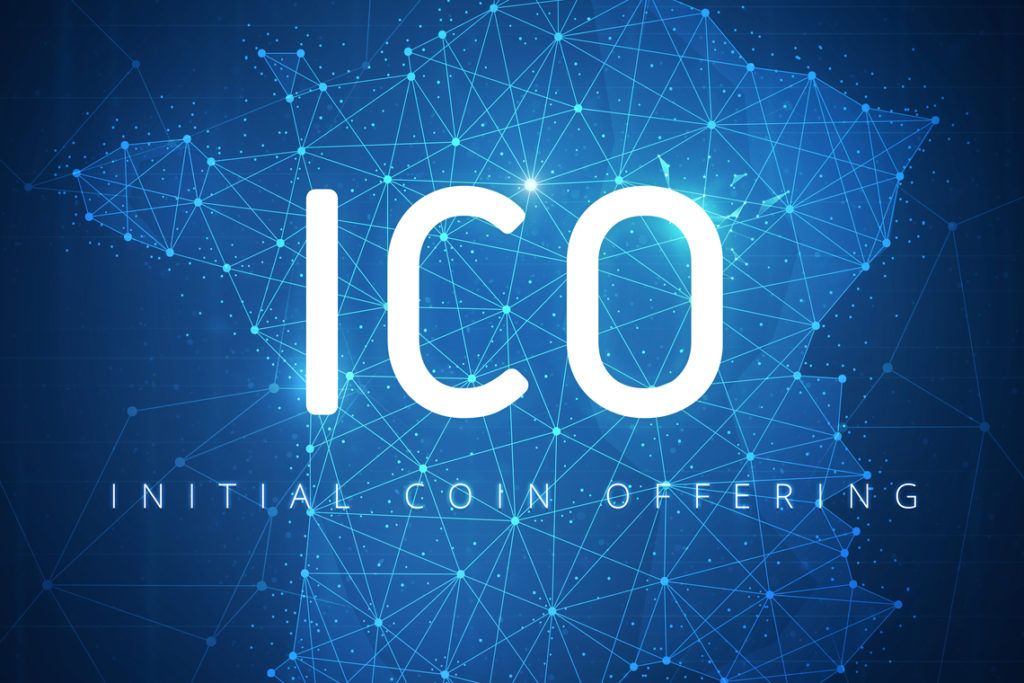Lithuanian authorities want to have the details of cryptocurrency transactions processed by local operators. Just to make sure they are not used for money laundering purposes.
On Wednesday, June 12, the Lithuanian Cabinet of Ministers approved amendments to Anti-Money Laundering and Counter-Terrorism Financing Law prepared by the Ministry of Finance. The law covers the fifth EU Anti-Money Laundering Directive (AMLD 5) and recommendations of the International Organization for the Prevention of Money Laundering that was approved last year, while the new amendments include companies engaged in cryptocurrency-related business into the scope of the law.
From now on, the operators of crypto deposits and cryptocurrency exchange platforms will have to comply with all the provisions of the above-said law, the local media outlet Delfi reports.
Lithuanian Industry Will Have To Adapt
Life has just changed for the Lithuanian cryptocurrency industry. Virtually, crypto startups will have to step into the shoes of traditional financial companies and face the same strict requirements on anti-money laundering practices. Thus, according to the new rules, all providers of cryptocurrency exchange services must be registered in the Registrar Center. Otherwise, they will be considered illegal and may be subject to fines and litigations. Apart from that, they will have to verify the identities of their clients if the transaction exceeds 1,000 euro and report on large financial operations with the transaction value over 15,000 euro to the Financial Crime Investigation Center (FCIC). Notably, these requirements are applied not only to crypto-to-fiat conversion in Lithuania but also to the transactions that involve only digital assets.ICO Projects in Lithuania Are Not Immune
Notably, the new regulatory amendments are also applicable to Initial Coin Offerings (ICO). This means that the token sale organizers will also have to verify the identities of their investors if the value of the deal exceeds 3,000 euro. Last year, the Lithuanian Ministry of Finance published a guide, where it listed the tokens that can be considered as securities issued via an ICO. Thus, tokens that can generate profit and entitle holders with the rights to participate in the project management shall be classified as securities. Meanwhile, the tokens used as a means of payment or a tool to get access to platform functionality shall be governed by the provisions of the Civil Code. At this stage, the activity of cryptocurrency exchange platforms is not regulated in Lithuania, though several officials, including the minister of finance Vilius Šapoka, noted that the ICOs industry had great potential. That’s why it is in the best interests of the country to develop a fair and reasonable regulatory framework to attract startups and ICO projects that want to do business in a transparent and regulated environment. Will the new rules improve the regulatory climate in the Lithuanian cryptocurrency industry? Or will they force the companies to seek more friendly jurisdictions? Let us know what you think in the comments below.
Top crypto projects in the US | April 2024
Trusted
Disclaimer
In adherence to the Trust Project guidelines, BeInCrypto is committed to unbiased, transparent reporting. This news article aims to provide accurate, timely information. However, readers are advised to verify facts independently and consult with a professional before making any decisions based on this content. Please note that our Terms and Conditions, Privacy Policy, and Disclaimers have been updated.

Tanya Chepkova
Tanya started as a financial news feed translator and worked as a financial analyst, news editor and content creator in various Russian and Foreign media outlets. She came to the cryptocurrency industry in 2016.
Tanya started as a financial news feed translator and worked as a financial analyst, news editor and content creator in various Russian and Foreign media outlets. She came to the cryptocurrency industry in 2016.
READ FULL BIO
Sponsored
Sponsored


